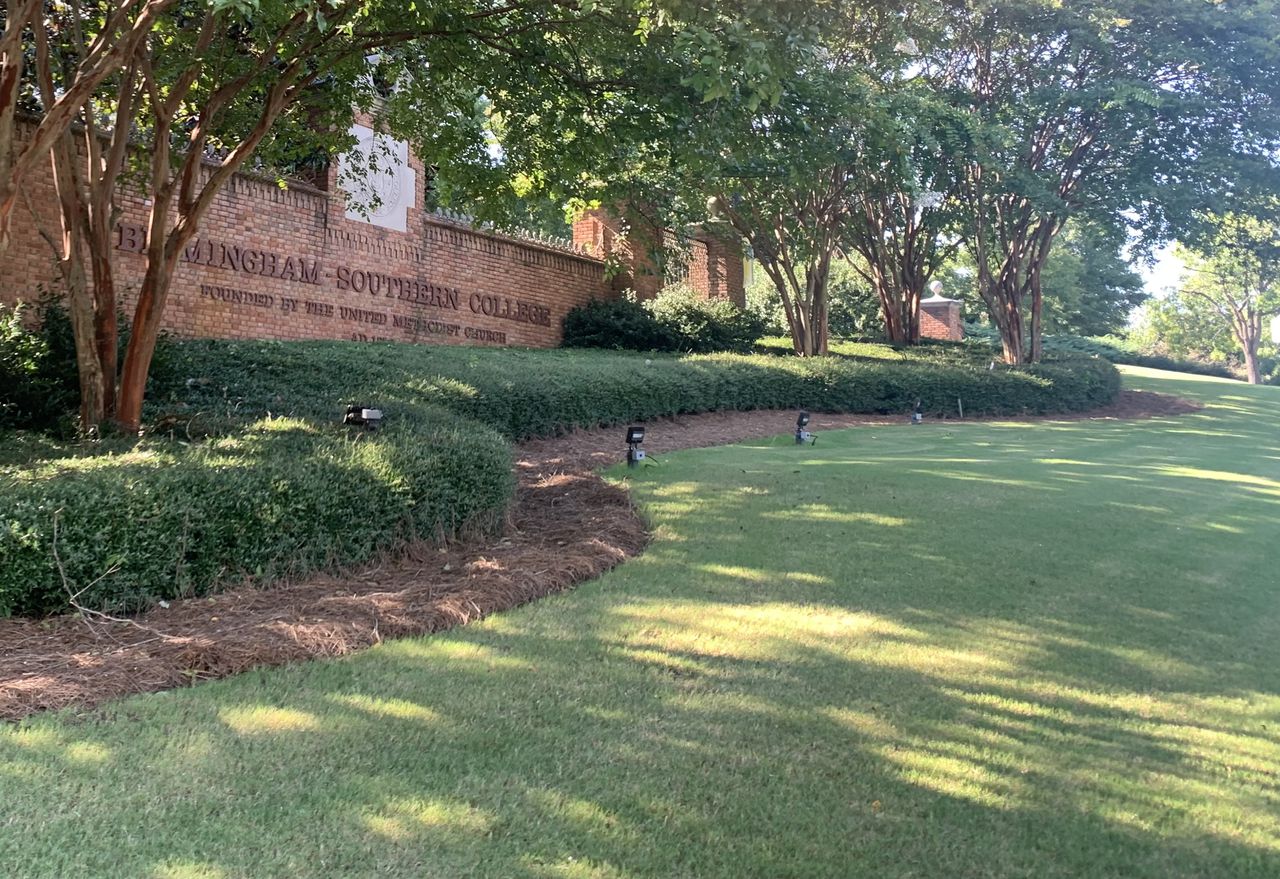Guest opinion: Birmingham-Southern College needs us
This is a guest opinion column
There is a song from the musical RENT that begins, “Everybody’s a little bit racist.” I think that’s true.
I taught Political Science at Birmingham-Southern College for 45 years, and I am certain that I came across many people who probably were racist. But I can tell you that Birmingham-Southern College is not. Roy S. Johnson’s column (January 23) leads to the conclusion that the College is “just a little bit racist,” though he never says that. He focuses on “the fence.”
In 1976, one of our students, Quenette Shehane, was murdered at a neighborhood convenience store. We were all shocked. Parents clambered for a response. We feared that prospective students and parents would be scared off. To enhance campus security, a fence went up. It’s a very nice fence. Somehow Johnson equates erecting the fence with racist intentions. After all, the murder victim was white, and the murderers were black. He did not consider a second interpretation—maybe the College wanted to assure the BSC community and others that the campus was safe.
OK, I am biased, but the inference of racism is a hard pill to swallow. And that goes for faculty and staff, current and former students, and those who know us well. They know what role the College has played in the life of our City and State. Examples? For many years, then President Neal Berte invited hundreds of neighborhood leaders and others, black and white, to a quarterly gathering at the President’s home, for the sole purpose just getting to know each other. He also formally introduced “service–learning” into the BSC curriculum. This program has twin goals: first, to provide opportunities for students (and faculty) to connect to the larger community through internships, structured projects, and volunteering activities, like tutoring neighborhood kids; second, in-service learning exposes students to community need, which hopefully results in personal growth and development.
Johnson cites local residents who praise the College: “Any time we had something to do in the neighborhood, we could always go to Birmingham-Southern, and their kids would help us.” “They’ve been a good neighborhood partner.” “… a solid partner for us. …anything we ask them to do…they go back and work it out for us.”
On April 24, 2013, President Krulak cancelled classes to commemorate the 50th anniversary of a white BSC student who walked from the campus downtown to join a sit-in at Woolworth’s. Students, faculty, and staff marched to Kelly Ingram Park to honor her courage. For students who knew relatively little about Birmingham’s history, this was a significant teaching moment.
The College prides itself on recruiting first generation college students, one of many ways we reach out to blacks and other marginalized groups. To that end, President Linda Flaherty-Goldsmith created agreements with community colleges to allow transfer credit for virtually all academic subjects (even if we did not teach those courses). The goal was to attract students who would otherwise not consider Birmingham-Southern.
Johnson infers that there is something amiss when BSC’s surrounding community is 69% black, but its enrollment is only 15%. Kyle Whitmire points out that the University in Tuscaloosa is at 9%; Auburn at 6%. (UAB is much better at 21%.) In terms of the schools we compete with, virtually all are in single digits: Sewanee (5%), Rhodes (9%); Samford (6%). Millsaps has a black enrollment of 13%. BSC is not a community college. We are national liberal arts college, where minority enrollment is critical to our standing.
Birmingham-Southern has always lived on the edge financially. When I accepted the job offer in 1972, the College had an enrollment of 750. When I arrived four months later to start my career, enrollment had dropped to 725. Moreover, they were talking about faculty cuts; we had just bought a house! We’ve had ups and downs for as long as I can remember. This is different. It’s different, because of a perfect storm—terrible, inept, irresponsible leadership exercised by David Pollick (who succeeded Berte), a recession, and COVID. To top it off, Pollick built a lake on a campus where there is no water. Forget the lake–We were in the ditch. Bad management in the past? YES. But good management now? YES. President Daniel Coleman understands fiscal responsibility. His previous professional experience shows he understands sophisticated finance. He has a plan for positioning the College to prepare students for jobs of THIS century, not the last. The College needs bridge funding to get there. As I understand it, he’s asked the State for about $30 million, the City of Birmingham for $5 million, and Jefferson County for $2.5 million. Governor Kay Ivey can make this happen. The Covid Rescue Fund has provided over $2 billion to the State of Alabama.
Write Governor Ivey and ask her to help preserve a tradition—a tradition of academic excellence and service–that goes back to 1856. Birmingham-Southern College has contributed to this community, this State, and this Nation. Our graduates are leaders. They are lawyers, physicians, ministers, business leaders, artists, moms, dads, and, yes, teachers. As citizens, we ought to care about the College as much as it’s cared about us.
Birmingham is a better place, because Birmingham-Southern College is here. Please help us to continue to do what we have always done. “Forward, Ever” is our motto. Let’s do it.
Natalie Davis is the Howell T. Heflin Professor Emerita of Political Science at Birmingham-Southern College
